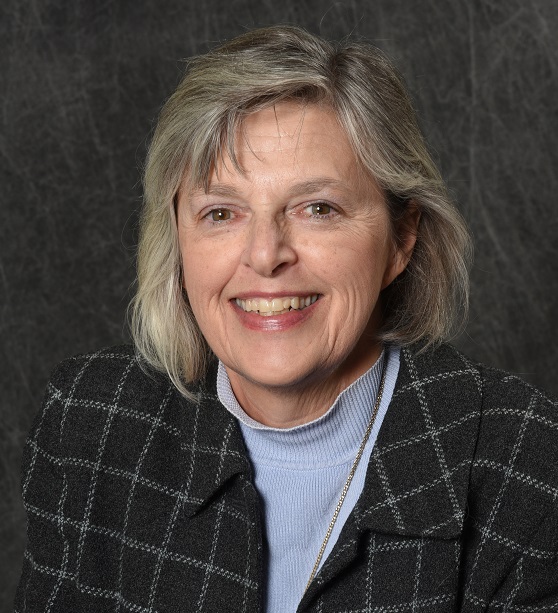Welcome to another entry in the new ArchivesAWARE series, “Archival Authors” where we feature archivists who have used their professional experience to inform books they have written for the general public. What inspired them? How did archivistics affect the tone or direction of their book? What did they want readers to take away?

In this post, Kaye Lanning Minchew talks about her new book, “Jimmy Carter: Citizen of the South.” Minchew recently retired as Executive Director of the Troup County Archives and Legacy Museum on Main in LaGrange, Georgia, an institution that received the SAA Council Exemplary Service Award under her leadership. A Fellow of the Society of American Archivists, Minchew has served on the Board of Regents for the Academy of Certified Archivists, served as NAGARA’s representative to the NHPRC, has chaired the Georgia Historical Records Advisory Council, and was named Georgia’s Writer of the Year for History in 2017 for her book “Franklin Delano Roosevelt: A President in our Midst.”
Transitioning from being an archivist to an author now seems to have been a natural progression in my career. Throughout the 32 years that I worked as director of the Troup County Archives in LaGrange, Georgia, I often said that if I got to research even one-fourth of the time that people thought I did, I could be a very happy person! Now that I no longer direct the operations of a museum and an archives, I get to focus my energy on researching and writing.
My first pictorial history focused on Franklin Delano Roosevelt in Georgia. During my first book signing at Roosevelt’s Little White House in Warm Springs, Georgia, I remembered another visitor who had walked the same ground. Jimmy Carter has spoken there several times, including giving a talk there on Labor Day, 1976, as his Presidential campaign entered the all-important fall season. With my new book, Jimmy Carter: Citizen of the South, I spent time at archives, especially the Jimmy Carter Library as I made extensive use of photographs, oral histories, and other archival records. Spending time researching and writing has had many rewards.

Researching a fairly-recent President meant that there were many resources available and some, but certainly not all, resources were digitized. My book focuses primarily on Carter’s post-presidency but one has to understand that his hometown of Plains, his Georgia governorship and his presidency of the United States from 1977-1981 to fully appreciate the many activities of this man. The photos, oral histories, newspaper and magazine articles used in my book help tell the Carter story.
Being a researcher at an archives instead of being a staff member is always interesting. Archives have varying rules and processes plus each place makes materials accessible in different ways. Try to share rules of an archives on your website so researchers can review them in advance. When I arrive at an archives, I am happy to look over the rules but I tend to be distracted by the research I am about to do so seeing the rules in advance and onsite can be a plus.

Another issue I face as a researcher is getting permission to publish a photo or a long quote. At the Troup County Archives, we always tried to respond as quickly as possible to such requests and I appreciate the many archivists who do the same, even during Covid days where staff may be working remotely. Answering questions from researchers and sharing information about using quotes or photos in a timely manner makes things much easier for authors. Researchers realize there may be legal issues but, whenever possible, try not to take six or ten weeks just to give a legalese answer!
One plus in having a former archivist or an archivist who is writing a book in their spare time is that these people appreciate the hard work involved in getting your collections ready for researchers! Authors/archivist get excited about a slightly blurry photo that helps prove one of their points. Assuming finding aids are readily available online, former archivists likely read those finding aids before their visits and use them to direct their research. Finally, those same researchers can sometimes help identify unidentified or incorrectly identified photos and documents, as long as they know you want the corrections and researchers can offer proof for their identifications. Generally having archivists as researchers is a win/win for all!

